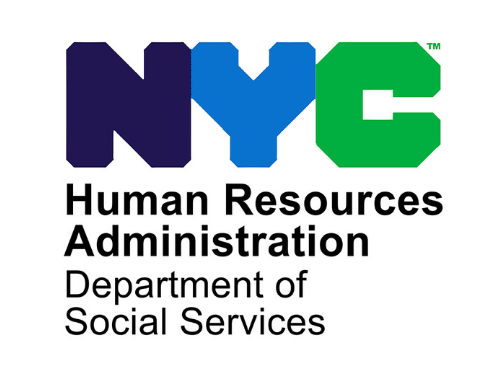On Tuesday, July 16th, New York City announced the reinstatement of work requirements for low-income residents receiving cash assistance, ending a pause that had been in effect since the COVID-19 pandemic. The change, effective July 28th, affects over 552,000 New Yorkers who rely on these benefits to cover essential needs such as food, clothing, and utilities.
Mayor Eric Adams’ administration cited state and federal laws for resuming the welfare-to-work rules, which mandate that recipients must demonstrate efforts to find employment or engage in job training to continue receiving benefits. The Department of Social Services (DSS) reported a significant increase in applications for cash assistance since Adams took office, with a 25% rise in applications noted in February.
The city’s budget for cash assistance has ballooned in response to the growing need. For the current fiscal year, $2.46 billion has been allocated from federal, state, and city funds, up from $1.99 billion the previous year and $1.57 billion in fiscal 2022. The benefits, distributed biweekly, vary based on household size, with a single adult receiving $183 monthly and a family of three receiving $389.
DSS spokesperson Neha Sharma explained that the agency delayed reinstating work requirements to allow low-income residents time to recover from the pandemic’s economic impact. The new framework for these requirements aims to be “more supportive and less punitive” offering immediate resolution and exemptions for issues such as illness, childcare, and transportation.
Despite these reassurances, critics argue that reinstating work requirements will exacerbate existing bureaucratic challenges. Abby Biberman, associate director of the public benefits unit at the New York Legal Assistance Group, warned that the new rules could lead to increased evictions and food insecurity as residents struggle to meet the requirements or rectify errors in their benefit status.
The city’s history with work requirements dates back to 1997, though they were temporarily suspended in 2015 and again in March 2020 due to the pandemic. DSS has struggled with processing delays, managing to process only 14% of applications on time between July and October 2023. The agency faces a lawsuit from the New York Legal Assistance Group and the Legal Aid Society over these delays.
As the reinstatement looms, city officials emphasize the necessity of complying with federal and state mandates while aiming to support residents transitioning back to the workforce. However, the effectiveness of these measures in alleviating poverty without further straining an already overburdened system remains to be seen.










